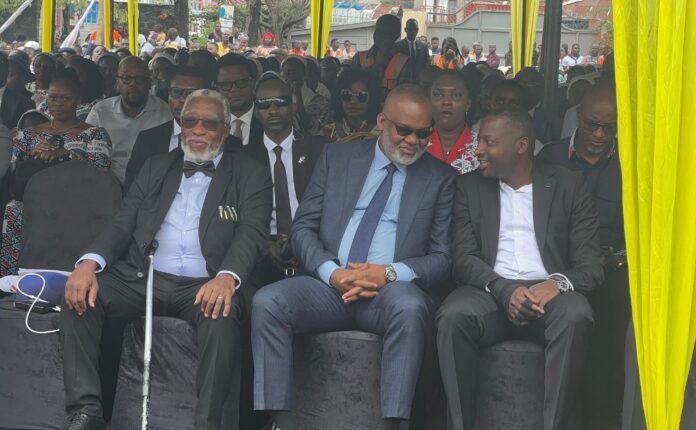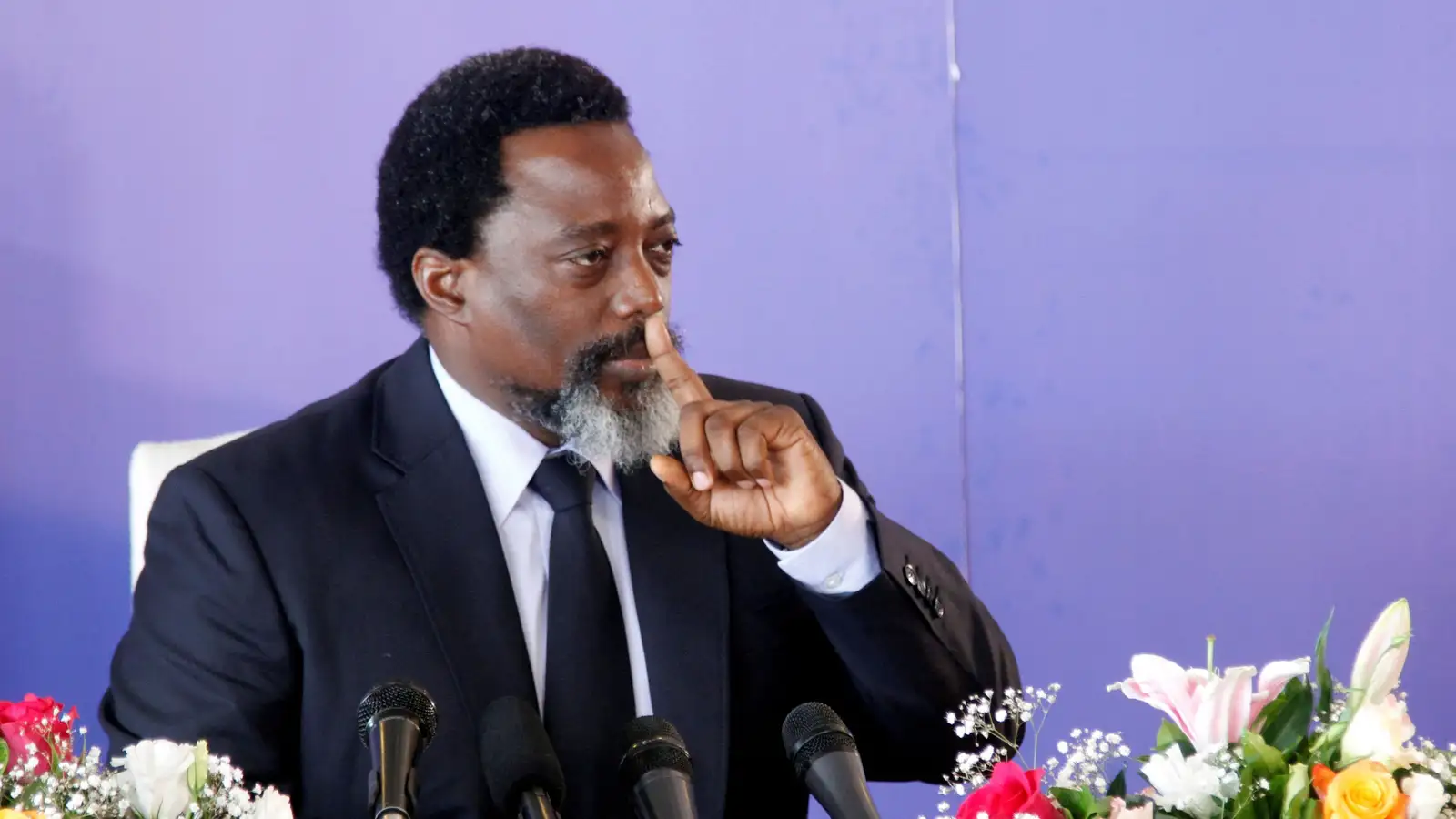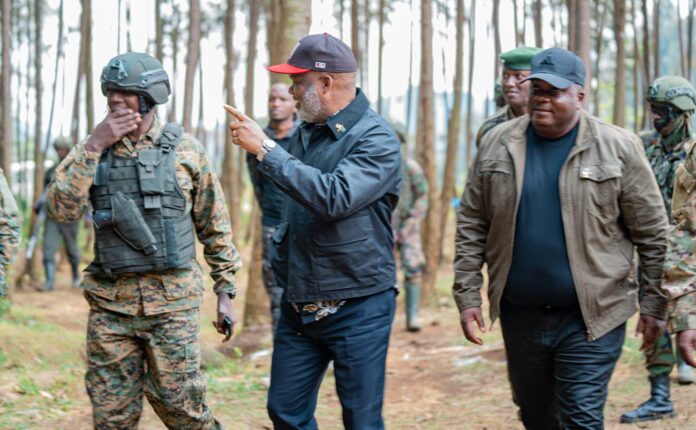The death of Gen. Michel Rukunda, widely known as Makanika, has had significant repercussions worldwide, particularly among the Banyamulenge people. Makanika, who was the leader of the Twirwaneho movement, was killed in a drone strike carried out by the Armed Forces of the Democratic Republic of Congo (FARDC) on February 19, 2025.
Note: Company, Blog, Church websites are free.
The Twirwaneho movement officially confirmed the news in a statement, declaring that Makanika died on the battlefield while “fighting against the genocide committed against the Banyamulenge and others like them.”
Following his death, Twirwaneho’ s leadership called for resilience among the Banyamulenge and urged them to continue the struggle for self-defense. They stated, “From his blood, new heroes will emerge to carry on the fight until the very end.”
Makanika’ s death has sparked mixed reactions within the Banyamulenge community. While many have been deeply saddened by his loss, others see it as an opportunity to reassess their strategies.
His passing has led to renewed unity among the Banyamulenge diaspora, particularly in the United States and Europe, where calls for solidarity and self-defense have intensified. On social media, many Banyamulenge have expressed that his death serves as a wake-up call to reinforce their struggle for survival and political recognition.
In addition to strengthening military efforts, some groups have also started advocating for broader human rights initiatives to push for international recognition of the Banyamulenge’s plight.
Following Makanika’ s death, several Banyamulenge groups began mobilizing resources to support both military and humanitarian efforts. Some organizations in the diaspora have started fundraising campaigns to support Twirwaneho’ s activities, while others focus on assisting families affected by the ongoing conflict.
Reports indicate that multiple diaspora groups, including those in the United States and Europe, have launched financial initiatives aimed at sustaining military resistance and providing aid to the families of fallen fighters.
However, internal tensions have also surfaced, with some factions disputing the best way to commemorate Makanika’s legacy.
The Twirwaneho movement issued an official statement via the platform X (formerly Twitter) on March 7, 2025, condemning those using Makanika’ s name for personal gain. The statement emphasized that all memorial activities should be coordinated with his family and the wider Banyamulenge leadership.
“The leadership of MRDP-TWIRWANEHO continues to express condolences to all Banyamulenge for the suffering our people have endured for seven years, facing genocide from 2017 to this day in 2025, while the world remains silent. Be strong and steadfast our unity is our strength.
We urge all Banyamulenge, friends, and relatives who are planning to commemorate our heroic leader, General RUKUNDA Michel, alias Makanika, who passed away on February 19, 2025, to coordinate their efforts with his immediate family and the community leadership both within and outside the country (Diaspora).
We also call on those organizing remembrance activities for him and other fallen heroes to ensure that these initiatives are approved by their families and community leadership. Those acting independently are requested to stop.
Groups and individuals who have distanced themselves from official Banyamulenge community organizations (Mutualités) and those who have opposed the struggle against oppression that General RUKUNDA Michel alias Makanika championed are asked to cease organizing any remembrance activities and to refrain from using the names of heroes for personal gain, as this disrespects the broader community he led.
In remembering him, we are all called upon to honor his bravery, uphold his legacy, and continue striving toward his vision of a peaceful and just life in our homeland.”
With Makanika’ s death, many analysts believe that Twirwaneho may gain more support as his martyrdom could attract new followers. The movement has already shown resilience, with its military activities increasing rather than diminishing in the wake of his passing.
Experts predict that FARDC will intensify its efforts to neutralize Twirwaneho, especially now that the group has publicly vowed to continue its struggle despite losing its leader.
Makanika’ s death is also expected to serve as a rallying point for the Banyamulenge, potentially leading to a more structured and unified movement both within the Democratic Republic of Congo and abroad.
One thing is certain Makanika’ s death marks a turning point for the Twirwaneho movement and the wider Banyamulenge community. His passing has ignited political mobilization, reinforced the struggle for self-defense, and highlighted the urgent need for international attention to the Banyamulenge’s plight. Whether this event will ultimately strengthen or weaken Twirwaneho remains to be seen, but its impact on the community is undeniable.




